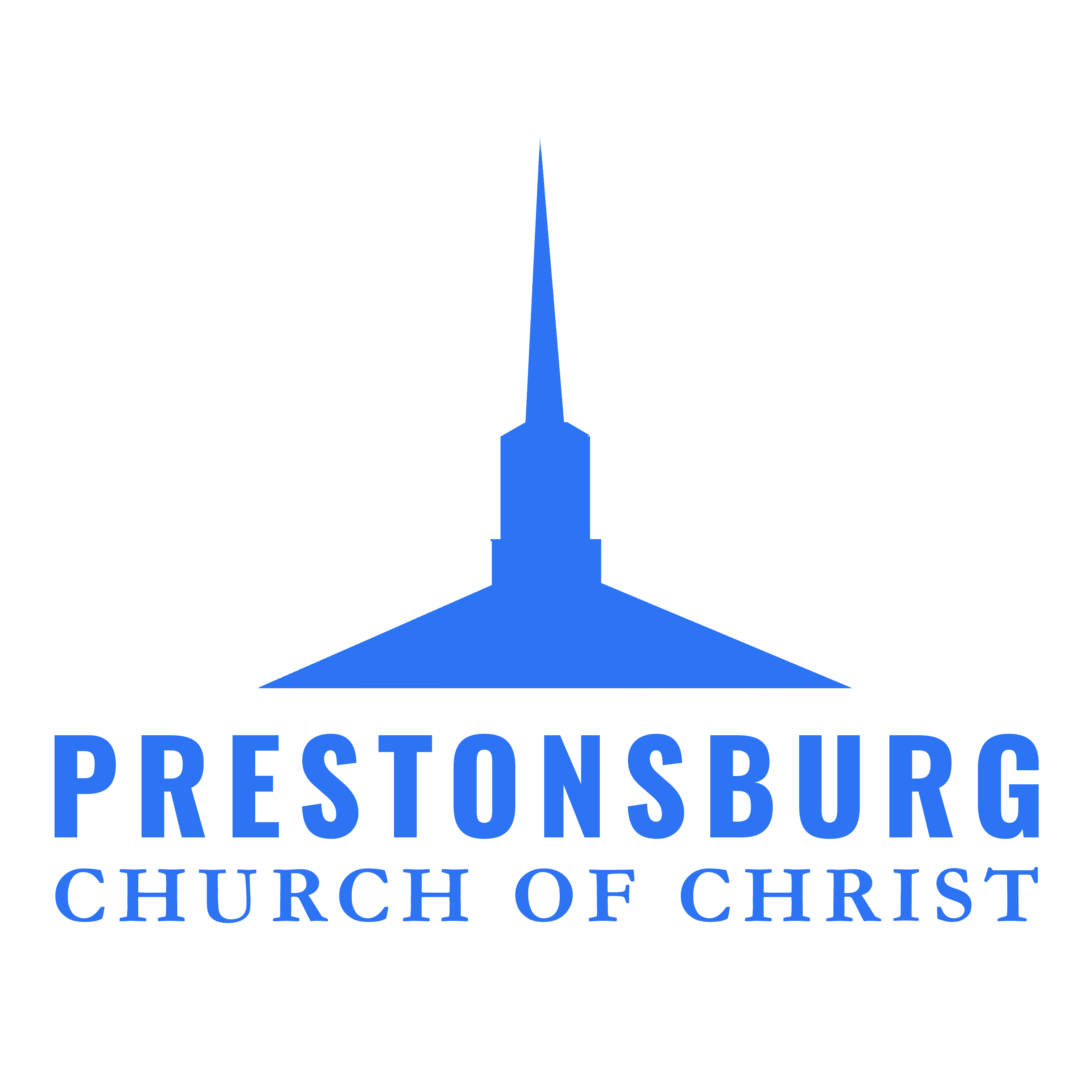Home What is a man? The answers to that question will vary depending upon who you ask. But what does the Bible say about being a man? What does the Bible say about being a father and a husband? Join Jim Lloyd as he searches the scriptures to find what the Bible has to say about men and their roles, and what it means to be a man.
9. “You Are Not as Smart as You Think You Are” | Practical Proverbs
Home Everyone should strive to be wiser than they currently are. But where can we find wisdom? Join Jim Lloyd is the final lesson of the series as he summarizes the book of Proverbs.
2. “The Fear of the Lord” | Practical Proverbs
Home As God’s Creation, we live in His world and would be wise to heed His advice. In the book of Proverbs a foundational statement in the first chapter says, “The fear of the Lord is the beginning of knowledge.” If this is a foundational statement for where we to begin, then it is important for us to understand what it means. Join Jim Lloyd as he considers what the Bible means by the “fear of the Lord.”
8. “The Golden Rule” | Practical Proverbs
Home No man is an island. We all have relationships outside of our families: friends, neighbors, coworkers, etc. And just like our relationships with our families, these relationships can be tricky to navigate. Join Jim Lloyd as he looks at the book of Proverbs for advice on maintaining our relationships in a manner worthy of God’s approval.
7. “Family Matters” | Practical Proverbs
Home Families matter. As kids our families shape who we are. As adults, the families we create reflect ourselves and our values. So how do we create a family environment that is pleasing to God? Join Jim Lloyd as he studies the book of Proverbs to find practical advice on building a family the way God intended.
